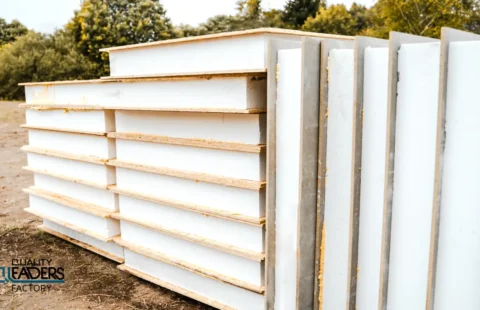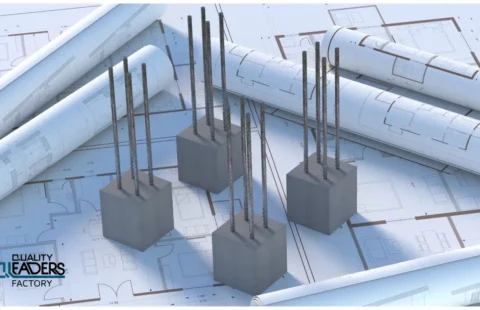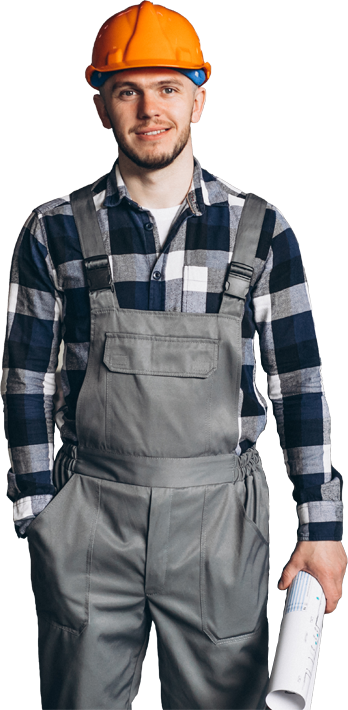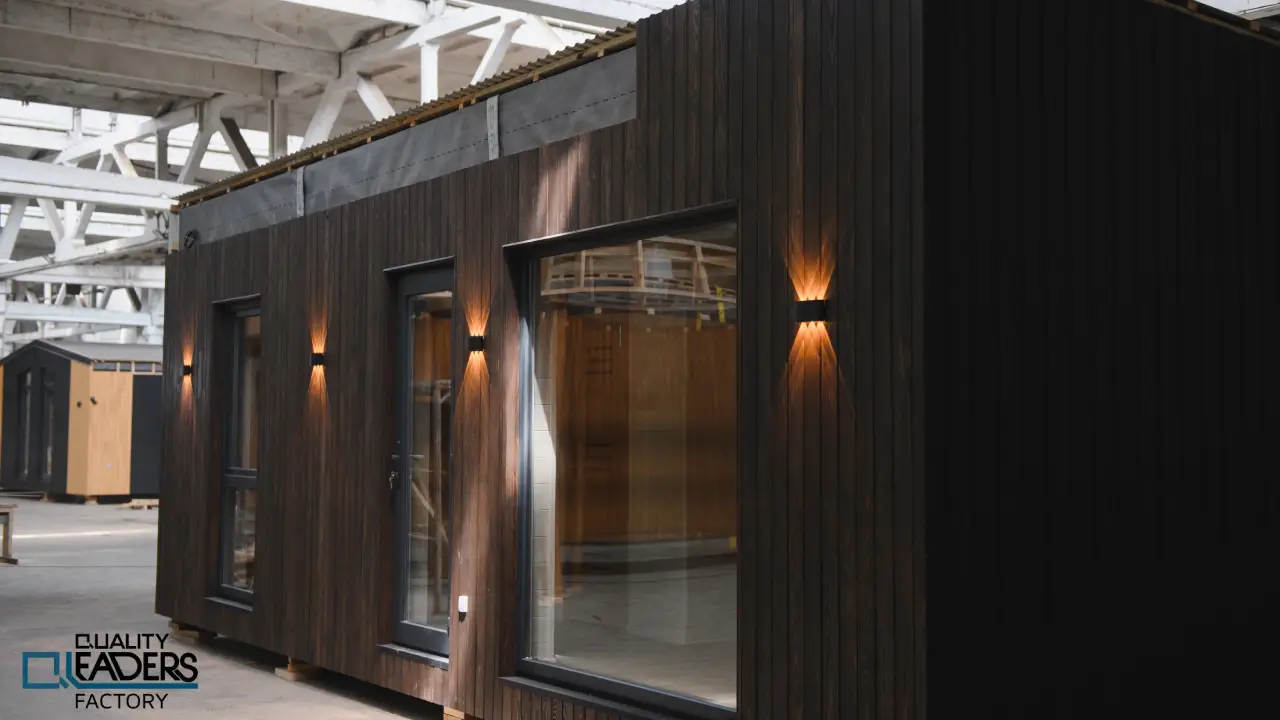
The Evolution and Efficiency of Portable Cabins
Introduction
In today’s fast-paced world, portable cabins have emerged as a revolutionary solution for various needs in the construction industry. These versatile structures offer flexibility, quick deployment, and cost-effectiveness, making them indispensable for multiple applications. From office space chambers to portable bakeries, clinics, freezer rooms, kitchens, and laboratories, portable cabins transform how we utilize space and resources.
The Concept of Portable Cabins
Definition and Basic Structure
Portable cabins are prefabricated structures designed for easy transportation and quick assembly. Typically made from robust materials like steel and insulated panels, these cabins can be customized to fit various purposes. Their modular nature allows for scalable solutions, catering to temporary and permanent needs.
Historical Development
The concept of portable cabins dates back to the need for mobile housing and workspaces. Initially used in military and disaster relief scenarios, their utility quickly expanded into commercial and industrial sectors. Over the years, advancements in materials and construction techniques have significantly enhanced their durability, functionality, and aesthetic appeal.
Applications of Portable Cabins
Office Space Chambers
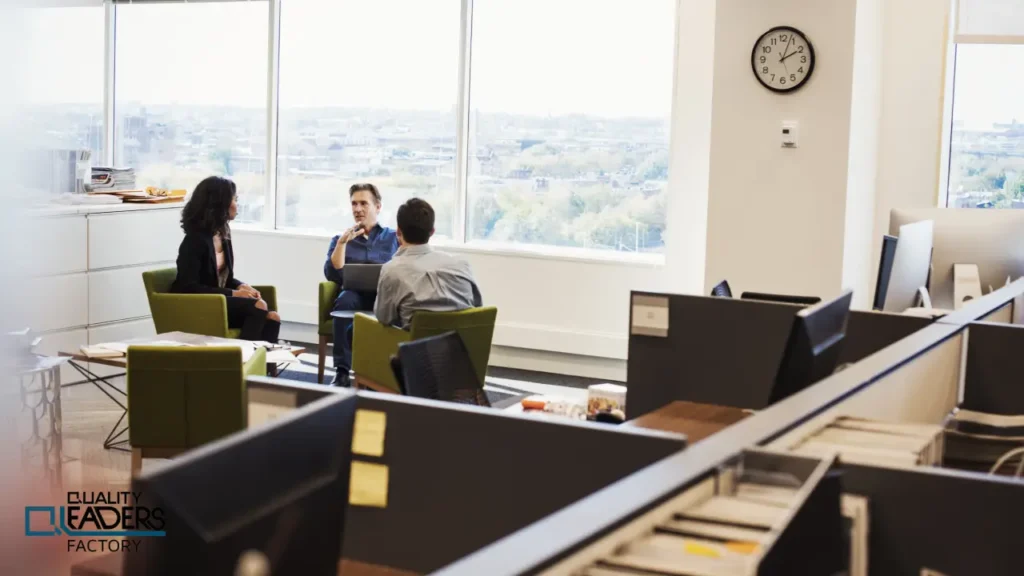
Portable office space chambers offer an excellent solution for businesses seeking flexible and cost-effective workspace solutions. They can be quickly deployed, relocated, and customized to meet specific requirements. For instance, the Corporation successfully used portable office cabins to expand its operational capacity during rapid growth, demonstrating their practicality and efficiency.
Portable Bakeries
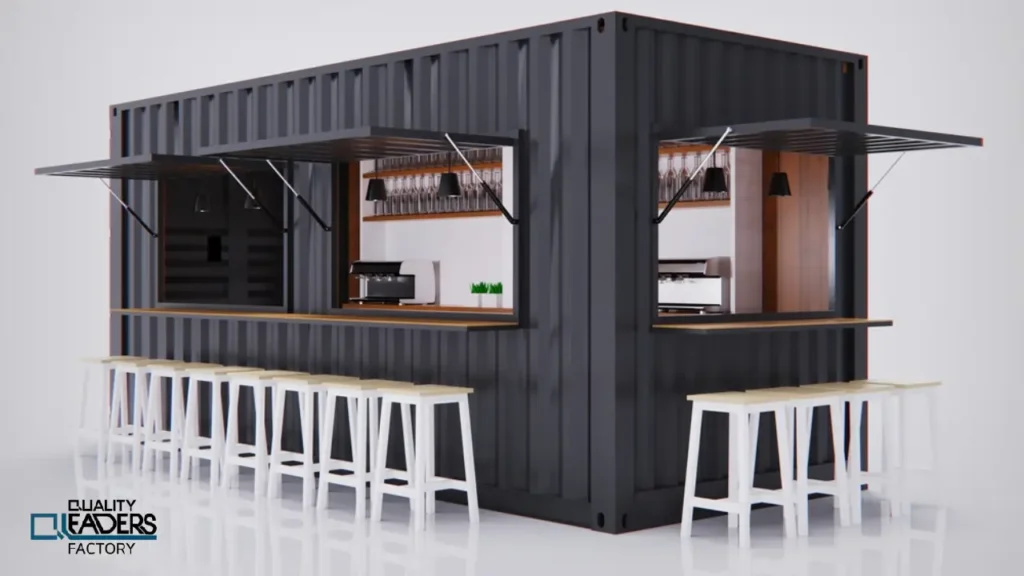
In the food industry, portable bakeries are gaining popularity due to their ability to provide a fully functional baking environment in various locations. These units benefit startups and small businesses looking to minimize initial investment costs. Many bakeries in rural areas utilized portable cabins to launch their business, allowing them to reach multiple markets without needing permanent infrastructure.
Portable Clinics

Portable clinics enhance healthcare accessibility, especially in remote or underserved areas. They provide essential medical services to needy communities, including diagnostics and treatments. For example, the HealthCare Outreach Program deployed portable clinics across rural Saudi Arabia, significantly improving local healthcare outcomes.
Portable Freezer Rooms
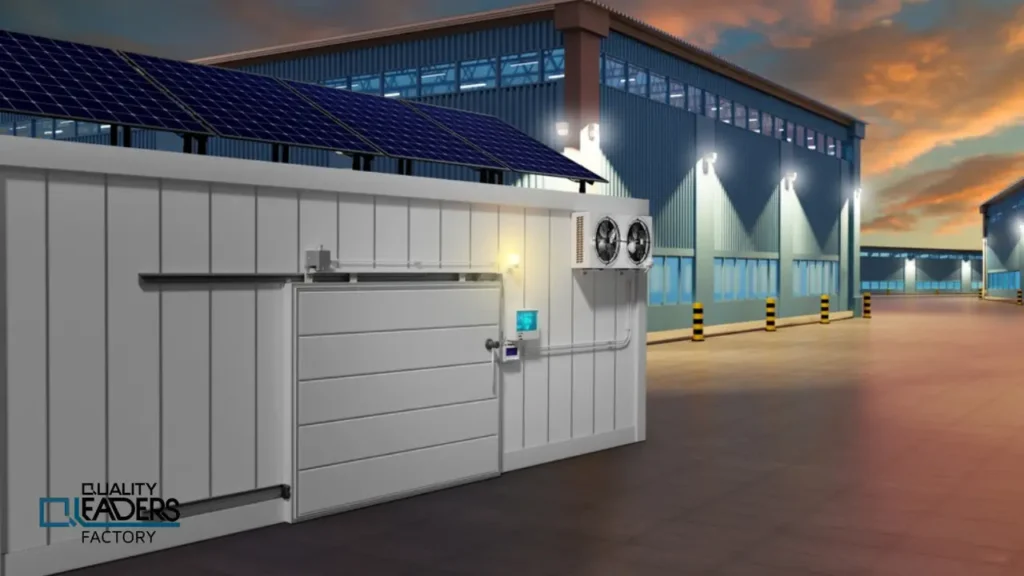
Portable freezer rooms play a vital role in logistics and food preservation. These mobile units ensure that perishable goods remain at optimal temperatures during storage and transportation. Industries like fisheries and food distribution heavily rely on these portable solutions to maintain product quality and reduce spoilage.
Portable Kitchens
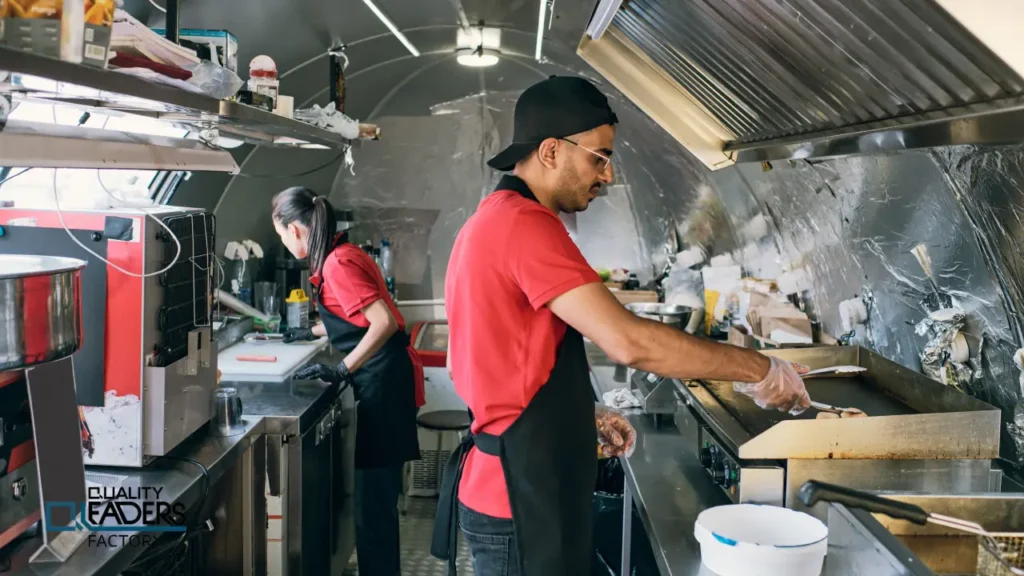
Portable kitchens are essential for catering services and event management. They provide a complete cooking setup to be transported and assembled on-site, ensuring efficient and high-quality food preparation. Events like festivals, weddings, and corporate gatherings benefit from the flexibility and convenience offered by portable kitchens.
Portable Laboratories
Portable laboratories enhance scientific research by providing fully equipped, mobile lab spaces. These units are invaluable for field research, medical testing, and educational purposes. Many Universities have successfully integrated portable labs into their research programs, facilitating on-site experiments and data collection.
Benefits of Portable Cabins in Construction
Flexibility and Scalability
One of the most significant advantages of portable cabins is their flexibility and scalability. These structures can be easily expanded or reduced in size to meet changing needs, making them ideal for dynamic environments.
Cost-Effectiveness
Portable cabins offer a cost-effective alternative to traditional construction. They reduce the need for extensive site preparation and minimize labor costs, leading to significant savings.
Quick Deployment and Setup
Quickly deploying and setting up portable cabins is a critical advantage. This rapid deployment is particularly beneficial in emergencies, such as disaster relief or temporary accommodations.
Technological Advancements in Portable Cabins
Smart Technologies Integration
The integration of intelligent technologies is revolutionizing portable cabin manufacturing. Features like automated climate control, security systems, and IoT connectivity enhance the functionality and user experience.
Sustainable Materials and Design
Sustainability is a growing focus in portable cabin construction. Using recycled materials, energy-efficient insulation, and sandwich panels reduces these structures’ environmental impact and operational costs.
Energy Efficiency Improvements
Advancements in energy efficiency are making portable cabins more sustainable. Improved insulation, energy-efficient HVAC systems, and intelligent lighting solutions contribute to lower energy consumption and operational costs.
Making Portable Cabins More Efficient
Innovations in Design
Innovative design techniques are crucial in enhancing the efficiency of portable cabins. Modular designs, lightweight materials, and streamlined manufacturing processes improve overall functionality and aesthetics.
Enhanced Mobility and Durability
Improving the mobility and durability of portable cabins ensures they can withstand various environmental conditions and frequent relocations. Reinforced structures and advanced materials contribute to their longevity and reliability.
Future Trends in Portable Cabin Manufacturing
The future of portable cabin manufacturing is bright, with several trends poised to drive further advancements. Increased use of 3D printing, AI-driven design optimization, and green building technologies will continue to enhance portable cabins’ efficiency and sustainability.
Conclusion
In conclusion, portable cabins transform the construction industry by offering versatile, cost-effective, and efficient solutions for various applications. These modular structures are indispensable in office spaces, bakeries, clinics, freezer rooms, kitchens, and laboratories. With ongoing technological advancements and a focus on sustainability, the future of portable cabins looks promising, offering even greater efficiency and functionality.
FAQs
What are portable cabins made of?
Portable cabins are typically made from durable materials such as steel, aluminum, and insulated panels designed to withstand various environmental conditions.
How long does it take to set up a portable cabin?
The setup time for a portable cabin can vary, but it generally takes a few hours to a few days, depending on the complexity and size of the structure.
Are portable cabins energy efficient?
Modern portable cabins are designed with energy efficiency in mind, incorporating features like improved insulation, energy-efficient HVAC systems, and intelligent lighting solutions.
Can portable cabins be customized?
Portable cabins can be fully customized to meet specific requirements, including size, layout, interior design, and additional features.
What are the cost implications of using portable cabins?
Portable cabins are generally more cost-effective than traditional construction. They require lower initial investment, reduced labor costs, and quicker deployment, leading to overall savings.

